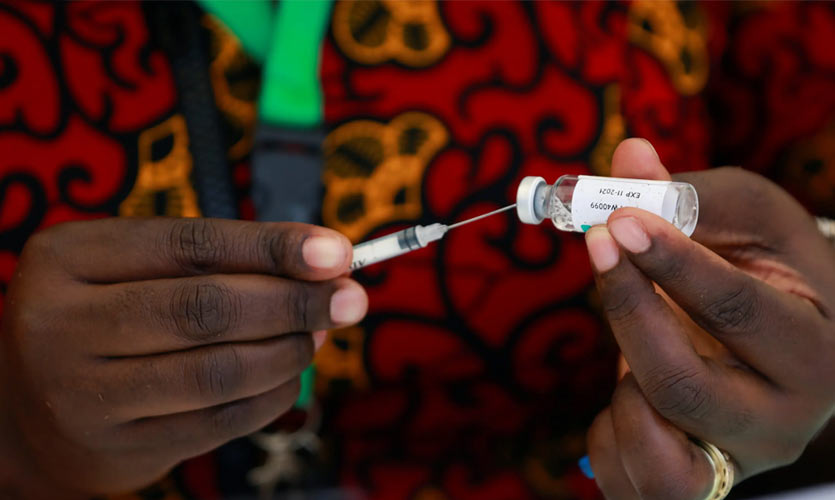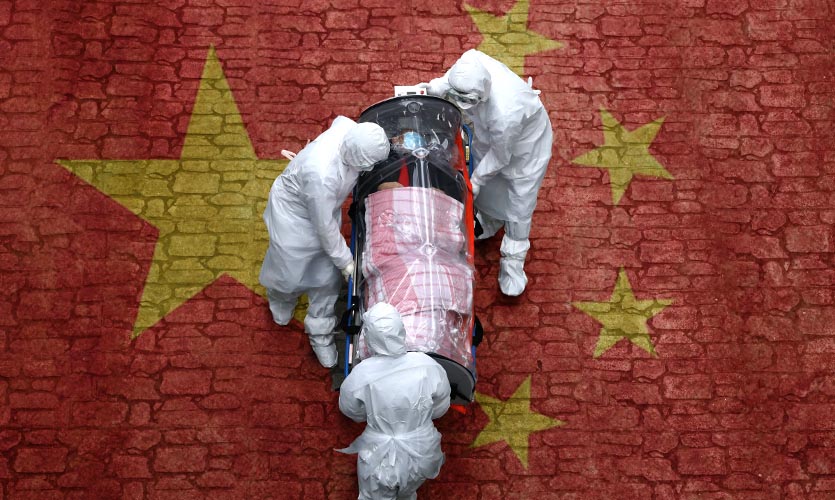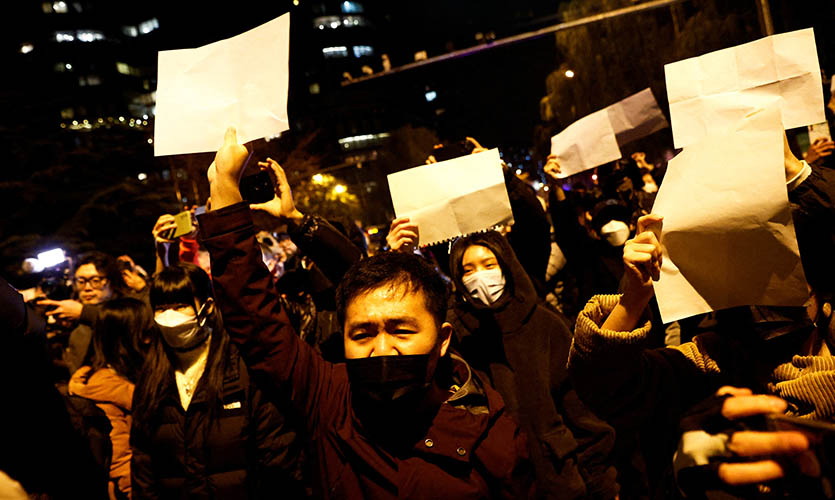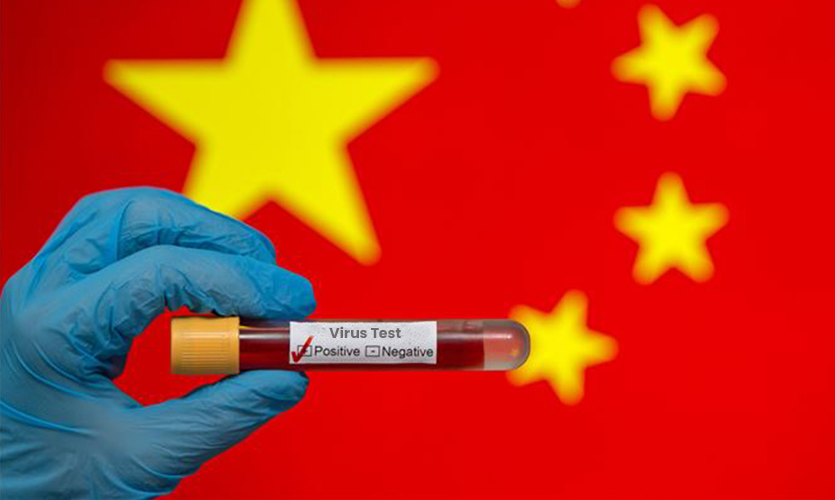Compared to other African countries, only about 3 percent of Nigeria’s 200 million strong population has received a full course of COVID vaccines. According to reports, at least 1 million doses of AstraZeneca’s COVID-19 vaccine expired in Nigeria before they could be used.
Reuters reported that the doses were sent from Europe through the COVID-19 Vaccines Global Access (COVAX) program that distributes COVID-19 vaccines donated by rich countries to developing ones. However, Nigeria had little time to distribute the donated supplies before much of it expired, which in some cases happened within four to six weeks, compared with the AstraZeneca vaccine’s typical shelf life of six months, leading to a waste of the donation.
In large vaccination campaigns, vaccine waste occurs routinely and rich countries such as the United States, the United Kingdom, and Canada seem negligent, allowing millions of doses to expire and destroying them even as the rest of the world was running low on supplies. Early this year, Nigeria, along with other African nations, had trouble accessing COVID vaccines as the manufacturers gave priority to nations who could afford them. Additionally, many African states relied on the COVAX program, which found it difficult earlier in the year to meet its commitments to supply vaccines, especially across Africa. In Nigeria, not only did a large number of doses go to waste but they also arrived relatively close to their expiration date, in a country that is not yet able to distribute them efficiently, illustrating the severity of vaccine inequity and inequality.
Blunders like these are not new. Quartz reported that last November, Namibia had warned that it would be forced to destroy vaccine doses as their shelf life was too short to allow distribution. Like South Sudan, the Democratic Republic of the Congo, and Malawi, they had to destroy or return vaccine doses donated by wealthier countries as they didn’t receive them in time to distribute them before they expired.
In August, Nigeria reportedly received 700,000 doses of the AstraZeneca vaccine from the UK, 800,000 doses from Canada in September, and 500,000 doses from France in October. Additionally, Nigeria received four million doses of the Moderna vaccine and 3.6 million doses of the Pfizer vaccine from the US during the same time period. Nigeria was able to distribute 800,000 vaccine doses that were close to their expiration date in November after boosting vaccine distribution facilities, according to the World Health Organization (WHO).
It has been one year since the global vaccination campaign began, and rich countries are still hoarding vaccines, effectively limiting their global redistributing efforts to leftover doses that arrive too late for their full use to be maximised. Gordon Brown, the former UK prime minister, warned in September that a 100 million surplus doses of COVID-19 vaccines could go to waste in rich nations by December, and urged those nations to donate them instead. It is likely that even a timely response back then would have left the receiving countries with only a few weeks to administer the doses.
However, a statement from the Global Alliance for Vaccines and Immunization (GAVI), on behalf of COVAX and its leading partner the WHO, praised Nigeria’s ability to deliver large numbers of doses in a short period of time, highlighting an issue that limits the ability of poor nations to deliver vaccines: the lack of a reliable vaccine supply chain. There have been more doses of vaccines sent to poor countries (mostly in Africa) in recent weeks, but they have been piecemeal and ad-hoc, with doses often being received close to the expiration date, according to GAVI. The lack of a consistent supply adds to the challenges faced by countries already dealing with a lack of refrigerators or reliable electricity to store the vaccine in remote locations, a shortage of health workers and syringes to administer the shots, and the need to run other large immunisation campaigns alongside the COVID-19 campaign.
Read more: India Has Delayed The Supply Of Vaccines To WHO-Backed COVAX: Sources
The wealthy need to make sure that along with other measures (such as sharing their patents), they’re more consistent with how much they send and how often, and ensure that their donations can be distributed for a long time to come. There is also a responsibility on vaccine manufacturers. WHO chief scientist Soumya Swaminathan said at a recent press conference that some manufacturers delayed shipments to COVAX while supplying other buyers and countries. As demonstrated by the new COVID variant Omicron’s emergence, until the world attains better immunity, new variants will continue to threaten the whole planet. As a priority, it is high time wealthy countries and drugmakers stop treating poor countries as repositories for soon-to-expire leftovers.










